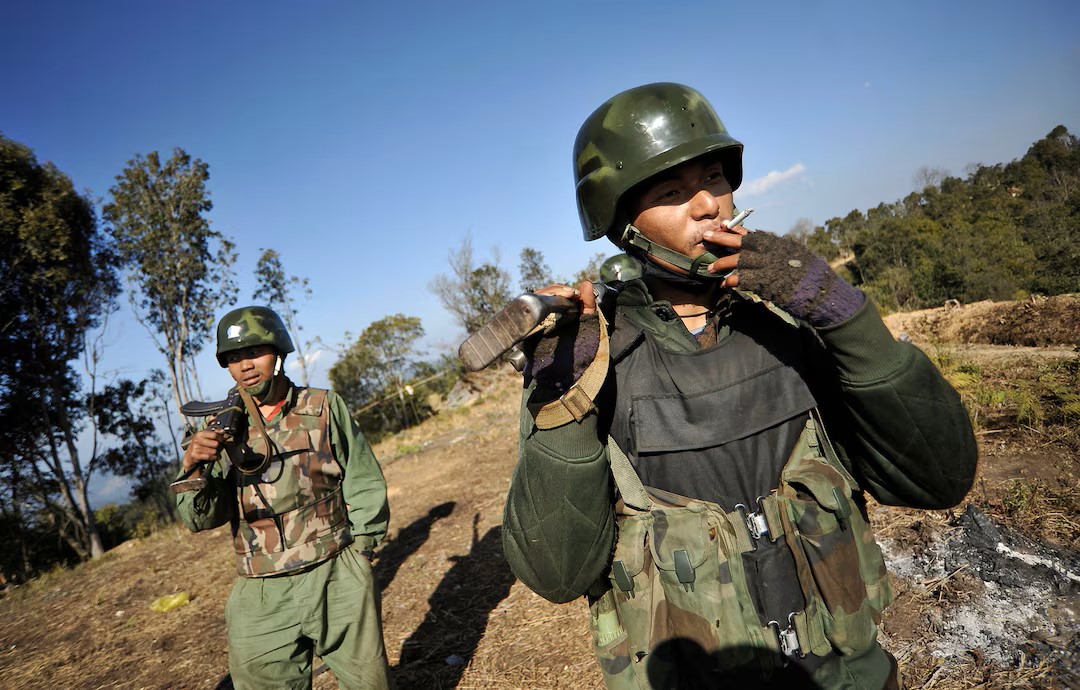A remote battle in northern Myanmar between rebels and a Chinese-backed junta is threatening nearly half the world’s supply of heavy rare earths, crucial minerals for electric vehicles, wind turbines, and defense technologies, according to sources familiar with the conflict.
The Kachin Independence Army (KIA), an ethnic rebel group, has been fighting Myanmar’s military junta since December for control of Bhamo, a strategic garrison town near the Chinese border. The region holds some of the world’s richest deposits of heavy rare earths, which are mined and shipped to China for processing into high-tech components.
Now, China has reportedly threatened to halt purchases of rare earths from KIA-controlled mines unless the group stops its offensive, three sources told Reuters. The ultimatum, delivered in May by Chinese foreign ministry officials, marks Beijing’s latest move to leverage its rare earth dominance for geopolitical influence.
China processes nearly 90% of the world’s rare earths, giving it outsized control over supply chains for green energy and advanced electronics. Earlier this year, Beijing restricted exports of the minerals in response to U.S. tariffs—a tactic it now appears to be using to prop up Myanmar’s junta, a key ally.
“If we did not accept [China’s demand], they would block exports from Kachin State, including rare-earth minerals,” said a KIA official, speaking anonymously. Beijing also dangled incentives, offering greater cross-border trade if the rebels backed off.
Fighting has already disrupted mining, with Myanmar’s rare earth exports plummeting this year. A full Chinese embargo could further destabilize global markets, where manufacturers are already scrambling for alternatives.
China’s foreign ministry told Reuters it was unaware of the KIA discussions but called for a ceasefire and peace talks, saying stability serves both nations’ interests. Analysts say Beijing’s priority is protecting its economic foothold, not resolving Myanmar’s civil war.
The standoff highlights how China’s rare earth monopoly is becoming a geopolitical weapon—one that could reshape trade flows and intensify U.S.-China tensions. With the KIA resisting pressure and Myanmar’s junta struggling, the conflict threatens to keep supply chains on edge for months.
As battles rage near Bhamo, the world’s tech and energy sectors are watching closely—knowing the outcome could determine whether critical minerals keep flowing or get caught in the crossfire.














